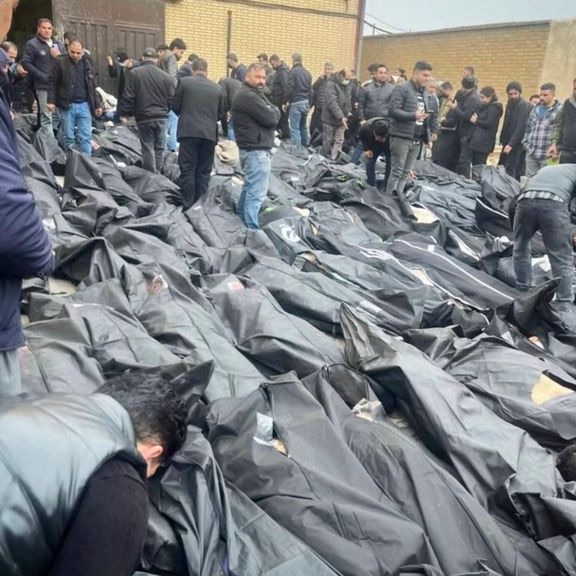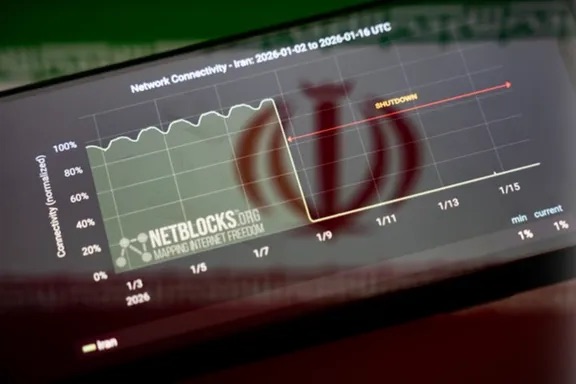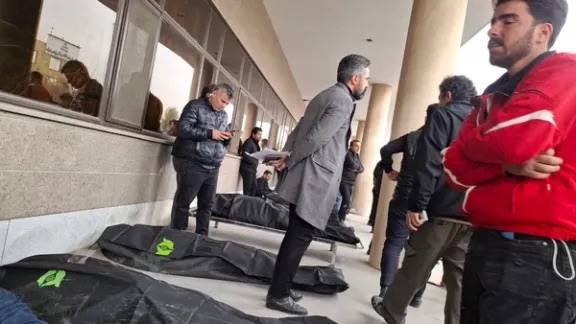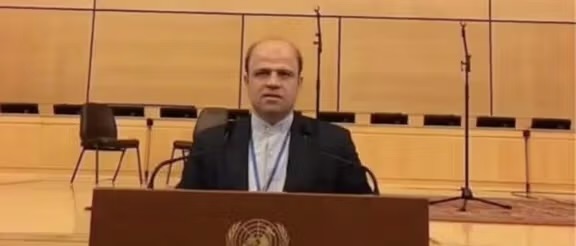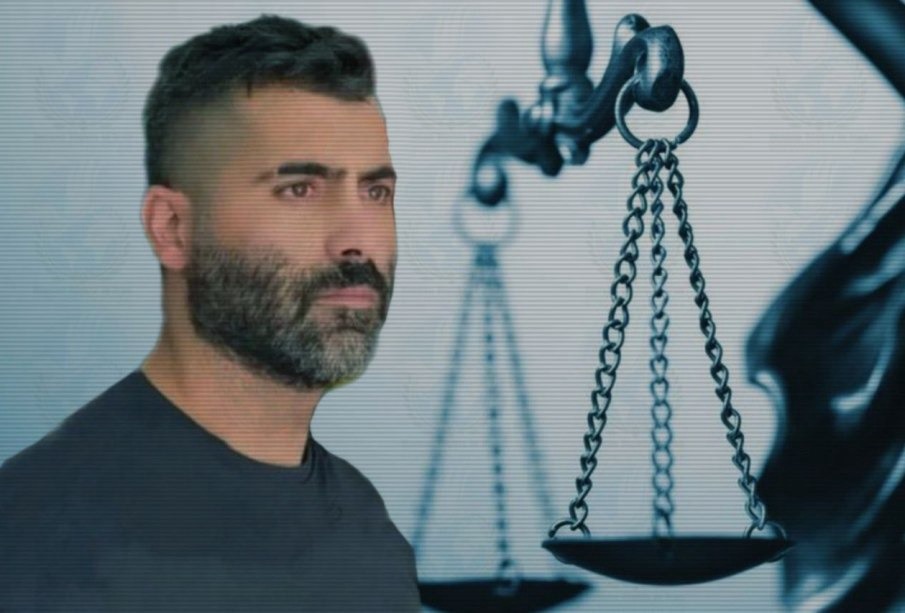
An Iranian court has sentenced political prisoner Manouchehr Fallah to death on charges of “moharebeh” (waging war against God), despite the act in question involving only minor property damage from a non-lethal sound grenade explosion outside the Rasht Revolutionary Court.
The ruling, issued by the Revolutionary Court in Rasht, accuses Fallah of detonating a sound device on June 17, 2023, which caused damage estimated at 2.5 million tomans (less than $50 USD) to the court building’s entrance and facade. The presiding judge claimed the incident created “a state of terror and panic.”
However, a report by Iran’s Ministry of Intelligence contradicted that claim, stating that the explosion occurred at 12:30 a.m., when the area was empty and no one was present in or around the court—raising serious doubts about the existence of any real threat to public safety.
Legal experts familiar with the case say the verdict is riddled with legal flaws and that the available evidence does not justify a charge of “moharebeh,” let alone a death sentence.
The judge based his decision on Articles 279, 282, and 283 of Iran’s Penal Code, arguing that the courthouse qualifies as a “security facility,” and therefore the explosion constitutes an act of war against the state. Yet the law clearly requires that such acts be carried out with the intent to disrupt public order or confront the regime—criteria not supported by the facts of the case.
In an unprecedented legal interpretation, the verdict reads: “These actions are not moharebeh in essence, but are treated as moharebeh,” a stretch of judicial reasoning even the regime’s courts have rarely used, even in more serious or violent cases.
Traditionally, Iranian authorities have reserved moharebeh charges for incidents involving armed clashes with security forces or assassination attempts. Fallah’s case, by contrast, illustrates a disturbing expansion of the charge to include symbolic or low-impact protests—such as setting off a sound grenade in front of an empty building in the middle of the night.
Fallah’s case is now under review by Iran’s Supreme Court following an appeal against the death sentence.
Arrest and Charges
Fallah was arrested in July 2023 by Ministry of Intelligence agents at Rasht Airport. He was later transferred to Lakan Prison following preliminary investigations.
The charges against him include: propaganda against the regime, insulting Supreme Leader Ali Khamenei, alleged ties to the opposition group Mojahedin-e Khalq (MEK), destruction of public property, and the manufacture and use of a homemade sound device.
Despite these accusations, Fallah consistently denied any affiliation with the MEK throughout both interrogation and trial. He was also denied the right to legal representation during the entire judicial process, including the issuance of the death sentence.
